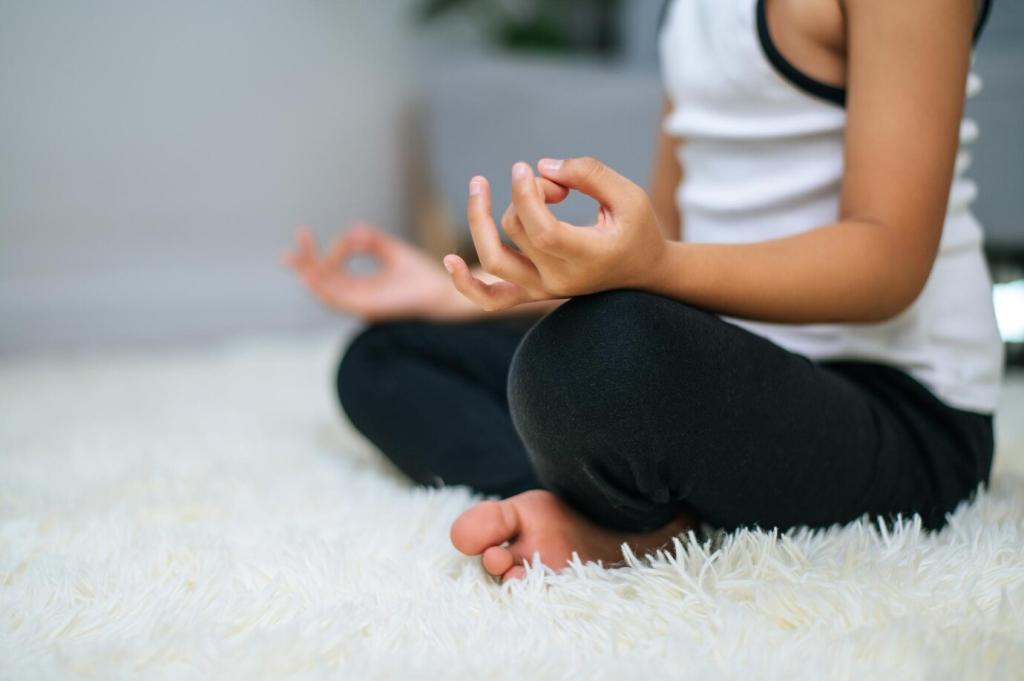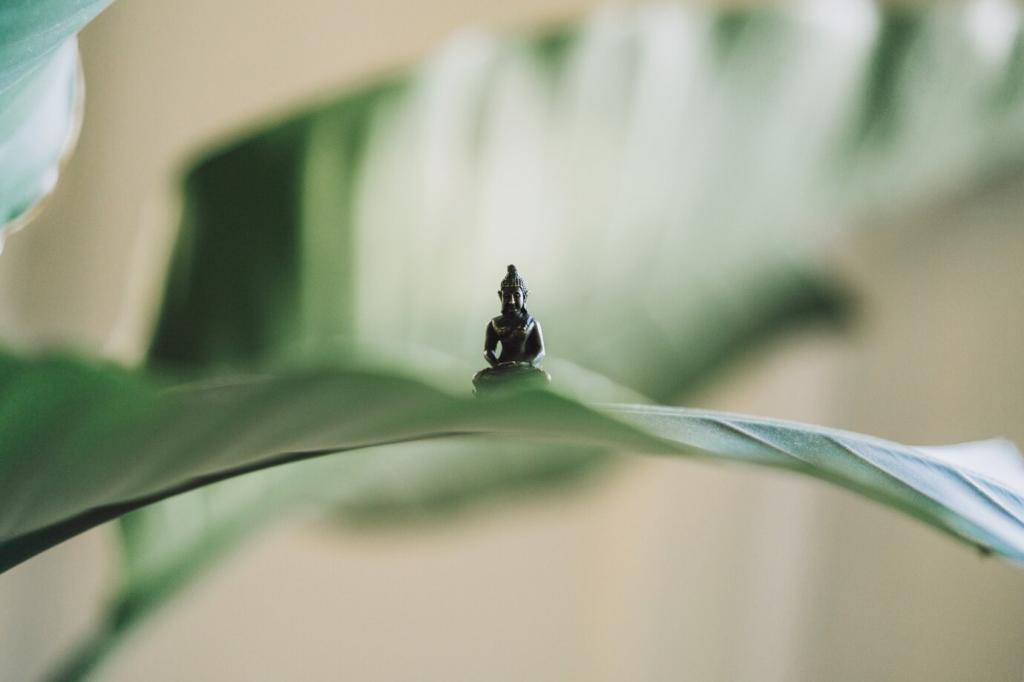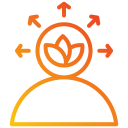
Creating a Personalized Meditation Routine for Stress Relief
Chosen theme: Creating a Personalized Meditation Routine for Stress Relief. Build a practice that feels natural, supportive, and genuinely yours—crafted around your life, your nervous system, and your definition of calm. Subscribe for weekly prompts and share your progress to inspire others.
Start With Your Why: The Heart of Your Stress-Relief Practice
01
Mapping Your Stress Triggers
List the everyday moments that spike your tension—emails, crowded commutes, difficult conversations. Pair each trigger with a short, simple practice. When triggers meet prepared responses, your personalized meditation routine becomes a steady anchor for stress relief.
02
Defining What Calm Feels Like
Describe calm in concrete terms: a softer jaw, steadier breath, kinder inner dialogue, clearer focus. This personal definition guides technique choice, session length, and timing so your meditation routine delivers stress relief you can actually feel and trust.
03
Setting Sustainable Expectations
Begin with consistency over perfection. Two minutes daily can be more transformative than twenty minutes sporadically. Sustainable expectations prevent burnout, protect motivation, and keep your personalized meditation routine reliably supportive during stressful seasons.
Designing a Daily Flow You’ll Actually Keep
Try a short morning intention, a midday reset, and an evening unwind. Each block serves a distinct stress-relief role, meeting you where your energy fluctuates. Keep them brief and attainable so your personalized meditation routine fits life, not fights it.

Techniques That Match Your Nervous System
Try box breathing or extended exhale breathing when thoughts race. Counted breath offers structure that soothes cognitive overload. This approachable entry point supports stress relief and invites longer, calmer sessions as your personalized meditation routine gradually deepens.


Techniques That Match Your Nervous System
If tension settles in your shoulders, jaw, or gut, body scans help you meet it kindly. Sweep attention from toes to crown, releasing gradually. Over time, your body learns safety cues, making your routine a reliable refuge from stress.
Environment and Sensory Cues That Invite Calm
Choose a time when interruptions are least likely and light feels kind on your eyes. Natural morning light or a warm lamp can signal safety. Your personalized meditation routine thrives when the environment whispers, “You’re allowed to slow down.”
Gentle Tracking Without Pressure
Two-Question Check-In
Before and after each session, ask: “How am I?” and “What helped?” A few honest words are enough. Over weeks, you’ll see which practices deliver the most dependable stress relief for your personalized meditation routine.
Signals of Recovery, Not Perfection
Watch for softer shoulders, timely pauses before reacting, easier sleep, or fewer 2 a.m. spirals. These subtle signals show your nervous system learning safety. Let them guide adjustments, not rigid streaks or strict minute counts.
Celebrate Small Wins Out Loud
Name the quiet victories: “I paused before replying,” “I returned to my breath,” “I showed up.” Share one win in the comments. Recognition rewires motivation and helps your personalized routine stay compassionate, consistent, and stress-relieving.


Turning Roadblocks into Routines
Use movement first: a short walk, gentle shaking, or stretching. Then try a breath count or guided scan. Restlessness often signals unmet energy, not failure. Meet it wisely and your stress-relief routine becomes more flexible and humane.
Turning Roadblocks into Routines
Replace guilt with a restart ritual: one deep sigh, one kind phrase, one minute of breath. Skips are information, not judgment. This approach protects consistency and keeps your personalized meditation routine emotionally sustainable.
Stories That Make It Real

A reader started a two-breath ritual while waiting for the morning train. Within weeks, their shoulders softened, headaches eased, and meetings felt survivable. Tiny, personal practices can unlock oversized stress relief when repeated with care.
